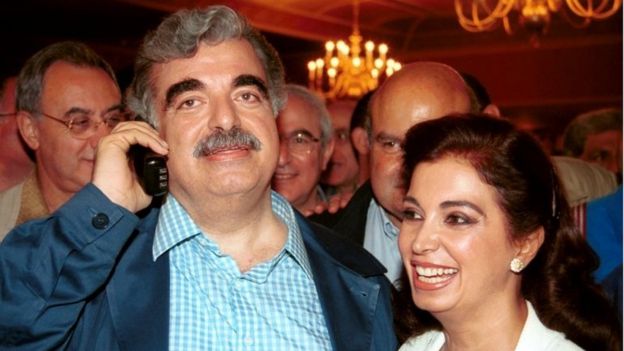
by thehill.com — Laura Kelly — The U.S. will continue to provide humanitarian support for the Lebanese people affected by a deadly and devastating explosion at the port of Beirut in early August, a top State Department official said Wednesday, but will not underwrite the current government until real reforms take place. David Hale, the under secretary for political affairs, spoke candidly about Lebanese government corruption and incompetence in a briefing with reporters following a recent trip to the region. He said while the U.S. remains committed to addressing the immediate humanitarian crisis — the U.S. has so far provided $18 million in emergency assistance — it will not provide a bailout for the Lebanese government.
“We will not be providing that kind of long-term assistance until we see a government that’s actually capable of reform and change,” Hale said. He further criticized the government, saying that Lebanon’s leaders “have been ignoring their responsibility to meet the needs of the people and have resisted the kind of deep, fundamental reforms that are needed.” He added that “we can’t fix that from the outside. Lebanese leaders have to demonstrate the political will and commitment to that and that was my main message.” Lebanon has been viewed as a country on the brink of collapse even before the Aug. 4 blast amid an economic crisis worsened by the COVID-19 pandemic. The source of the blast is believed to be from a fire at the city’s port that spread to nearly 3,000 tons of abandoned and improperly stored, highly-explosive ammonium nitrate. The explosion killed nearly 200 people, injured thousands and left hundreds of thousands of people with destroyed homes.










